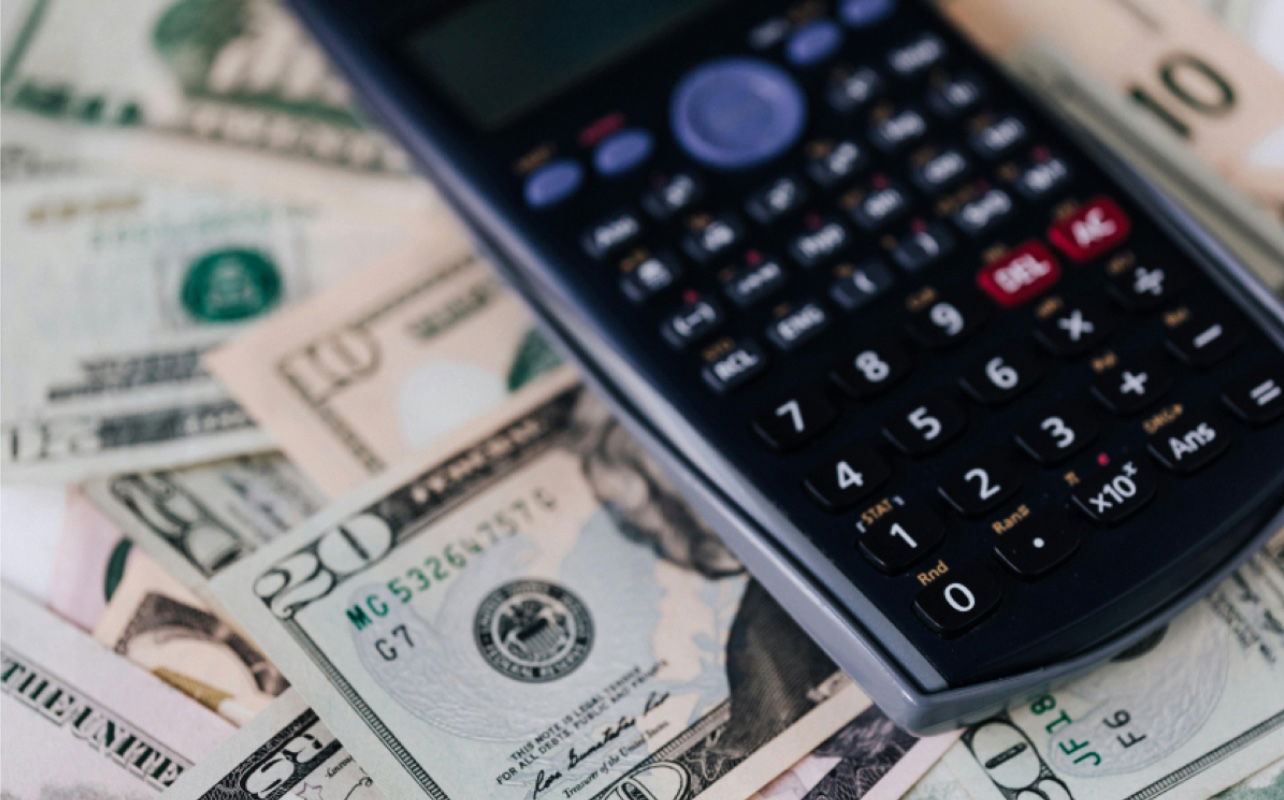
August 13, 2024
Fed Up With High Prices, Consumers Are Helping To Bring Down Costs Associated With Inflation
Americans expect it to average 2.3% over the next three years.
Americans have been feeling the impacts of inflation for some time. Now, they’re getting fed up with the higher prices. Consumers are looking for bargains or simply refusing to buy items they feel are too expensive, which economists say could drive prices back to pre-pandemic levels.
In the group Cougar Board, one of the largest independent online communities of BYU Cougars sports fans, a user posted, “What happened to soda prices? I went to Safeway to buy a 12-pack of Dr. Pepper Zero. It cost $9.99. I thought that was expensive, but Coke and Mountain Dew are $11 for a 12-pack.” Above the user’s message, it reads, “The old price – $5.99 – was insane.”
This sentiment of “how did we get here” and “why are we paying so much” is why economists say consumers are deciding not to tolerate it anymore.
“While inflation is down, prices are still high, and I think consumers have gotten to the point where they’re just not accepting it,” Tom Barkin, president of the Federal Reserve Bank of Richmond, said last week at a conference of business economists.
According to a report from the AP, some of the largest companies in the United States, including Amazon, Disney, and Yum Brands (the parent company to Taco Bell, KFC, and Pizza Hut), more customers are looking for cheaper alternatives to products and services. Subsequently, this has forced companies to slow their price increases or cut them entirely. Some companies are even touting how they’re slashing prices this summer to help consumers.
In May, Walmart announced it reduced prices on 7,000 items, including food. Other major retailers followed, including Target, Amazon Fresh, Whole Foods, Walgreens, and the discount grocery store chain Aldi, indicating that major retailers are taking note of consumers’ frustrations with pricing.
According to the AP, the Federal Reserve Bank of New York says Americans’ expectations of how much they’ll spend in the next 12 months have declined, along with their inflation outlook. Consumers anticipate spending to grow by 4.9% next year, the lowest reading since April 2021, when inflation surged.
Regarding inflation, Americans expect it to average 2.3% over the next three years – the lowest figure since the survey began in 2013. When households expect low inflation, they usually delay purchases as they wait for prices to decline. According to CNBC, we’re already seeing that with cars; the average transaction price for a new car in February was down 2.2% from February 2023.
This trend of what Americans expect can help keep price pressures down.
RELATED CONTENT: The Economy Continues Its Steady Recovery From Inflation